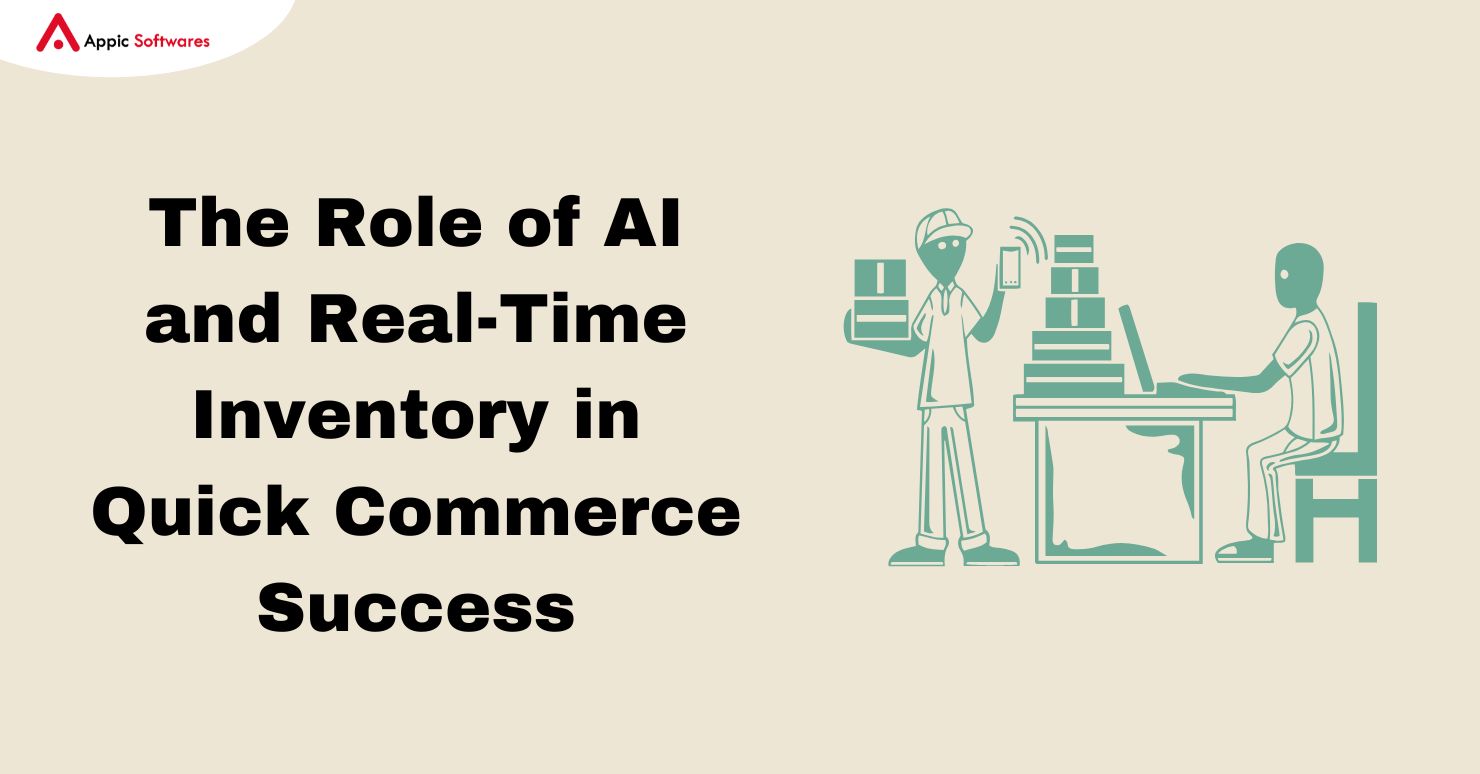
In the ever-evolving landscape of Content Management Systems (CMS), enterprises are constantly on the lookout for a solution that can meet their unique and demanding requirements. Among the various options available, Drupal stands out as a powerful and versatile CMS that has garnered immense popularity in the enterprise world. In this blog, we will explore the compelling advantages of Drupal as a CMS for enterprises, backed by real-world examples that demonstrate why it deserves a place at the forefront of your organization’s digital strategy.
1. Scalability and Flexibility:
Advantage: Drupal’s modular architecture allows for seamless scalability and flexibility to accommodate the growth and changing needs of your enterprise.
Example: The White House’s official website, WhiteHouse.gov, runs on Drupal. This high-traffic website’s choice of Drupal underscores its scalability and ability to handle the demands of a prominent institution.
2. Robust Security:
Advantage: Security is paramount for enterprises. Drupal’s dedicated security team, frequent updates, and strong community support ensure your digital assets are protected against vulnerabilities.
Example: The U.S. Department of Defense (DoD) relies on Drupal for numerous websites, including Defense.gov. The DoD’s trust in Drupal’s security features highlights its suitability for handling sensitive information.
3. Customization and Extensibility:
Advantage: Drupal’s extensive library of modules and themes allows enterprises to tailor their CMS to specific needs, ensuring a unique digital presence.
Example: Pfizer, one of the world’s leading pharmaceutical companies, uses Drupal for its corporate website. The ability to customize the CMS aligns with the diverse content and global reach of a company like Pfizer.
4. Multilingual Support:
Advantage: Enterprises with a global presence benefit from Drupal’s native multilingual capabilities, making it easier to create and manage content in multiple languages.
Example: The United Nations (UN) uses Drupal for its main website. With content in multiple languages, the UN leverages Drupal’s multilingual support to effectively reach a global audience.
5. Content Workflow and Collaboration:
Advantage: Drupal offers advanced content workflow tools and collaboration features, facilitating efficient content creation, editing, and approval processes.
Example: The Weather Channel, a leading source of weather information, relies on Drupal for its website. The need for real-time weather updates and collaboration on content highlights Drupal’s workflow capabilities.
6. Mobile Responsiveness:
Advantage: With the increasing use of mobile devices, Drupal’s responsive design and mobile-friendly features ensure a seamless user experience across various screen sizes and devices.
Example: NBC, a major media network, uses Drupal for its websites, including NBC Sports. This choice emphasizes the importance of mobile responsiveness for media enterprises.
7. Accessibility Compliance:
Advantage: Drupal is known for its commitment to accessibility standards, making it an ideal choice for enterprises looking to provide an inclusive digital experience.
Example: Harvard University relies on Drupal for its official websites. Accessibility compliance is essential for educational institutions like Harvard to ensure all users can access their online resources.
8. Community Support and Active Development:
Advantage: Drupal boasts a vibrant and dedicated community of developers and contributors, ensuring continuous improvement and a wealth of resources.
Example: Tesla, the innovative electric vehicle manufacturer, uses Drupal for its corporate website. Tesla’s choice reflects the confidence in Drupal’s active development community.
9. Cost-Efficiency:
Advantage: Drupal is open-source, which means no licensing fees. Enterprises can allocate resources to customization and optimization rather than software costs.
Example: The Government of Australia chose Drupal for its official website, australia.gov.au, emphasizing the cost-efficiency and value it offers for public sector projects.
10. Integration Capabilities:
https://youtu.be/V4S1eRjFm5M?si=ESnRRgyeeYEgb93X
Advantage: Drupal’s extensive APIs and integration possibilities make it an ideal choice for enterprises looking to connect their CMS with other systems and services.
Example: The NCAA, the governing body for college sports in the United States, uses Drupal. The need to integrate with various sports-related systems demonstrates Drupal’s capabilities in this regard.
Conclusion
In conclusion, Drupal’s impressive set of features, coupled with its successful implementation in diverse enterprise settings, makes it a compelling choice for organizations seeking a robust, secure, and customizable CMS solution. Whether you are a government agency, a multinational corporation, or a nonprofit organization, Drupal’s flexibility and scalability can empower your digital strategy and help you deliver exceptional online experiences to your audience. Consider Drupal as the CMS of choice to future-proof your enterprise’s digital presence.
Appic Softwares is a top Drupal development company that can help you build or manage Drupal software. We have a team of Drupal developers with a lot of experience. They have worked on a wide range of projects in different businesses and have managed several clients.
We can even help you find Drupal developers who will work on your project full-time. So, why don’t you just do it?
FAQs
Q.What makes Drupal a good choice for enterprise websites?
A.Drupal is a powerful content management system (CMS) known for its scalability, flexibility, and security. It can handle complex, high-traffic enterprise websites with ease—making it ideal for large organizations and global brands.
Q.Is Drupal suitable for non-technical users?
A.Yes, while Drupal is highly customizable for developers, it also offers user-friendly content editing tools and admin panels for non-technical users. With the right setup, marketing and content teams can manage updates without coding.
Q.How secure is Drupal for enterprise use?
A.Drupal is one of the most secure open-source CMS platforms. It has a dedicated security team, regular patches, and strong community support. That’s why it’s trusted by government websites, banks, and enterprises around the world.








